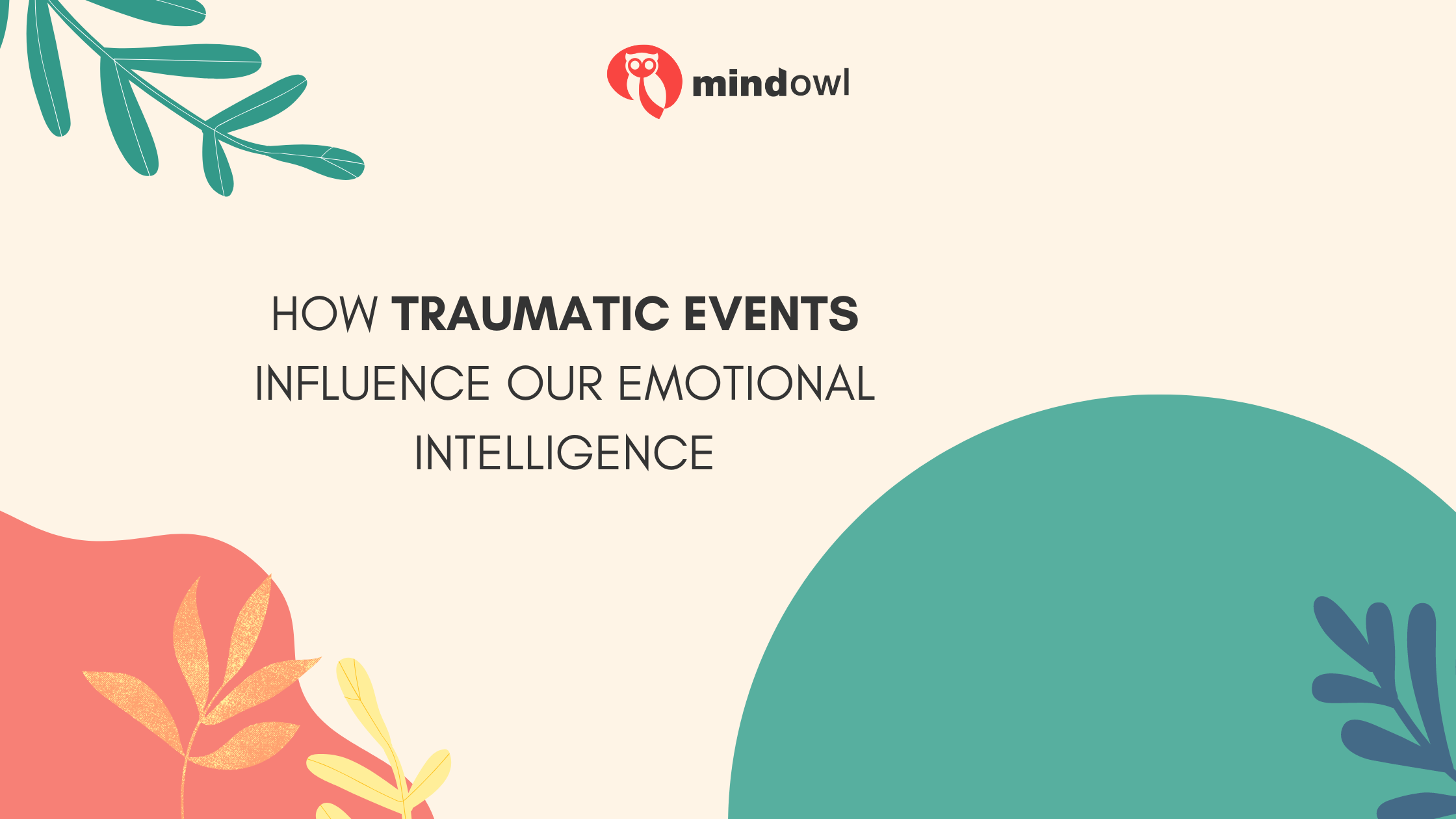
Image Source: Pexels
Trouble comes to us all, often in a form that’s as sudden as it is unwelcome. Yet it’s how we emerge from these moments that defines us – not the trauma itself.
In particular, our emotional intelligence can end up transformed, both in terms of our proficiency in understanding and managing our own emotions, as well as our ability to connect with others.
So to prepare you for what might come if catastrophe strikes, and how to cope with the aftermath, keep reading as we give you insider info on what can be a sensitive subject.
Trauma’s Psychological Fallout
When trauma seeps into your life, it leaves an indelible mark on the psyche. Over the average lifetime, the likelihood of exposure to some form of traumatic event is cited as being 43.8% – although there’s a gender divide here, with women more likely to encounter such incidents than men.
From physical assaults to auto accidents, the variety of potentially disturbing experiences is equally daunting.
So, here are key ways trauma can recalibrate our emotional circuitry:
Heightened Emotional Sensitivity
Trauma survivors often develop a finely tuned radar for emotional changes within themselves and others. This hyper-awareness can be both a bane and a boon.
Empathy Expansion
Some individuals may notice an increased capacity to empathize with others’ suffering because they intimately understand pain.
Trust Reconfiguration
Handling interpersonal relationships post-trauma often involves altered perceptions of trust, potentially leading to more guarded interactions.
All this means that it’s important to seek professional support following trauma – both in the form of therapy from a qualified specialist, as well as legal advice and guidance in the case that representation and reparations are owed to you.
So in the case of a car accident, working with a local attorney, such as an Indiana personal injury lawyer, is a must if you want to get compensation – and help with other aspects of the aftermath.
Trauma as a Catalyst for Emotional Growth
Contrary to the notion that trauma only breaks us down, it can paradoxically aid you in bolstering your emotional intelligence. Like an oyster transforming irritation into a pearl, our minds have the capacity to transmute pain into emotional acumen.
Here’s what this looks like:
Resilience Reinforcement
There’s an entire psychological theory known as post-traumatic growth, and it’s defined by the idea that struggle in life leads to a more resilient outlook. In turn this can be applied to everything from problem-solving to stress management, if it’s properly detected and used as a tool by those in this scenario.
Perspective Pivoting
Trauma can instill a profound sense of gratitude and sharpen one’s perspective on what is truly important, thus refining decision-making processes aligned with core personal values. We’re always told to be thankful, but it’s only really in the wake of some personal tragedy that the true meaning of this can be unlocked.
Communication Calibration
The need to articulate complex emotions can lead to improved communication skills, which in turn can build understanding in relationships, both professional and personal.
Of course it’s worth restating that harnessing these transformative effects depends on support systems, healthy coping mechanisms, and sometimes professional guidance. Nevertheless, acknowledging these potential pivots toward growth opens up avenues for enhancing emotional intelligence after traumatic experiences.
The Bottom Line
It’s important to recognize that while traumatic events can influence emotional intelligence, and even be leveraged to improve it, the other knock-on effects are rarely as positive, and so you should still aim to limit your exposure to trauma while working on your psyche from day to day.
That way you can work towards implementing some of the upsides we’ve discussed above, without having to suffer the pain and associated problems.
MindOwl Founder – My own struggles in life have led me to this path of understanding the human condition. I graduated with a bachelor’s degree in philosophy before completing a master’s degree in psychology at Regent’s University London. I then completed a postgraduate diploma in philosophical counselling before being trained in ACT (Acceptance and commitment therapy).
I’ve spent the last eight years studying the encounter of meditative practices with modern psychology.


